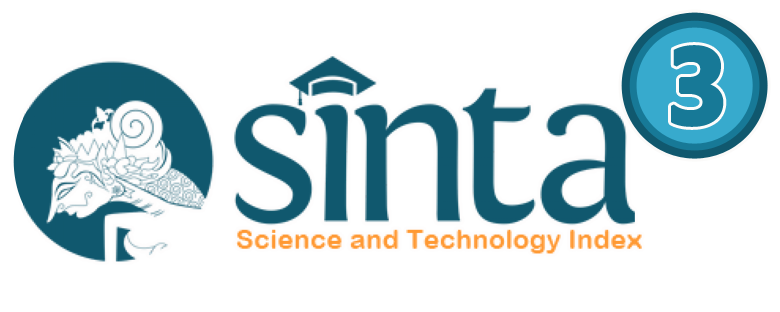Constraints and Strategies for Inclusive Education in Indonesia at the Primary School Level: A Literature Review
DOI:
https://doi.org/10.18326/ijip.v5i2.71Keywords:
Inclusive, Education, elementary school, StrategiesAbstract
Inclusive education in Indonesia is designed for all learners, both "regular" learners and learners with special needs. Inclusive education also aims to facilitate students with special needs to be able to get along with peers in general by placing one educational environment together with "regular" students, so that it is expected to realize an educational environment that respects diversity and without discrimination. However, in its implementation there are obstacles that are not easy to face, both for inclusive schools and teachers who teach. The purpose of this research is to find out the obstacles faced by inclusive schools and teachers at the primary school level and also provide strategies that can be used to optimize inclusive education. The research method used is a qualitative method with a literature review approach. The results of the study show that some of the obstacles faced are the lack of special mentor teachers, the lack of teacher knowledge about students with special needs, the imposed curriculum, the school environment that is still not friendly for students with special needs, and so on. Teachers can use various models, strategies, media and learning resources that are tailored to the class. One strategy that schools can do is to bring in professionals to provide insight for all school members regarding students with special needs. One method or strategy that parents of children with special needs can do is to apply the TEACCH method. And for the government, the education office needs to coordinate internally, especially in the field of educators who can understand the concept and implementation of inclusion policies on an ongoing basis.
References
Agustin, I. (2019). Permasalahan dalam Penyelenggaraan Pendidikan Inklusi di SDN Se Kecamatan Soko Kabupaten Tuban. ELSE (Elementary School Education Journal) : Jurnal Pendidikan Dan Pembelajaran Sekolah Dasar, 3(2), 17–26. https://doi.org/10.30651/else.v3i2.3104
Anggriana, T. M., & Trisnani, R. P. (2016). Kompetensi Guru Pendamping Siswa ABK Di Sekolah Dasar. Jurnal Konseling Gusjigang, 2(2), 1–23. https://doi.org/https://doi.org/10.24176/jkg.v2i2.702
Kadir, A. (2015). Penyelenggaraan Sekolah Inklusi Di Indonesia. Jurnal Pendidikan Agama Islam (Journal of Islamic Education Studies), 3(1), 1–22. https://doi.org/https://doi.org/10.15642/jpai.2015.3.1.1-22
Kustawan, D. (2012). Manajemen Pendidikan Inklusif. PT. Luxima Metro Media.
Ni’mah, N. U., Istirohmah, A. N., Hamidaturrohmah, & Widiyono, A. (2022). Problematika Penyelenggara Pendidikan Inklusi di Sekolah Dasar. JOTE: Journal on Teacher Education, 3(2), 160–169. https://doi.org/https://doi.org/10.31004/jote.v3i3.4823
Noviandri, H., & Masruroh, F. (2021). Cooperative Positive Learning Dalam Pendidikan Inklusi. Penerbit Lakeisha.
Sutisna, D., Indraswati, D., Nursaptini, Novitasari, S., & Sobri, M. (2020). Penerapan Program Pendidikan Inklusi di SDN 1 Sangkawana Lombok Tengah. Progres Pendidikan, 1(2), 72–79.
Tarnoto, N. (2016). Permasalahan-Permasalahan Yang Dihadapi Sekolah Penyelenggara Pendidikan Inklusi Pada Tingkat Sd. Humanitas, 13(1), 50–61. https://doi.org/10.26555/humanitas.v13i1.3843
Wibowo, A. T., & Anisa, N. L. (2019). Problematika Pendidikan Inklusi di Indonesia. Seminar Nasional Pendidikan Dan Call For Papers (SNDIK), 1, 16–20. https://publikasiilmiah.ums.ac.id/xmlui/handle/11617/11174
Downloads
Published
Issue
Section
License
Copyright (c) 2023 IJIP : Indonesian Journal of Islamic Psychology

This work is licensed under a Creative Commons Attribution-ShareAlike 4.0 International License.

 Indonesian Journal of Islamic Psycology is licensed under a
Indonesian Journal of Islamic Psycology is licensed under a 


